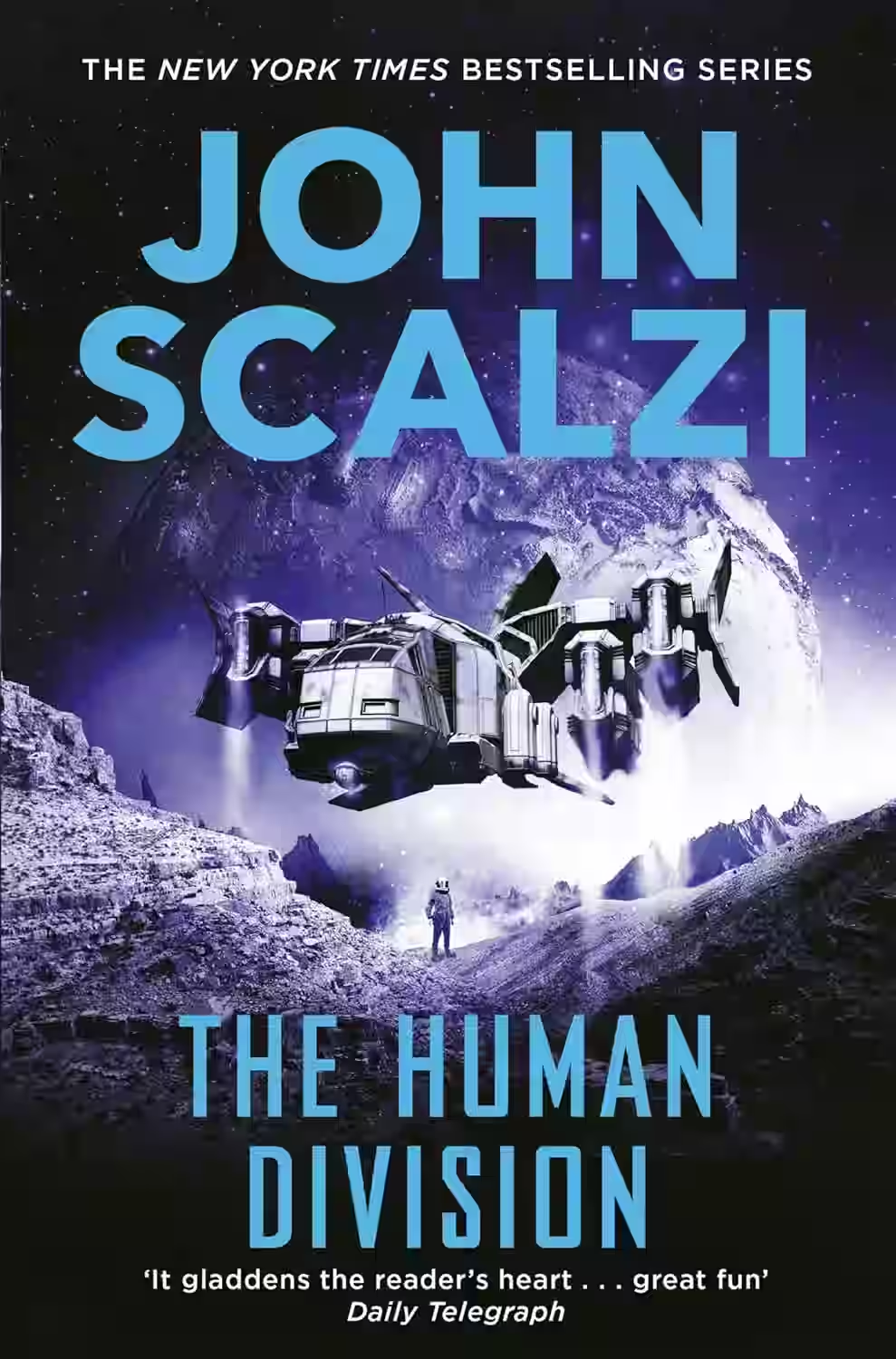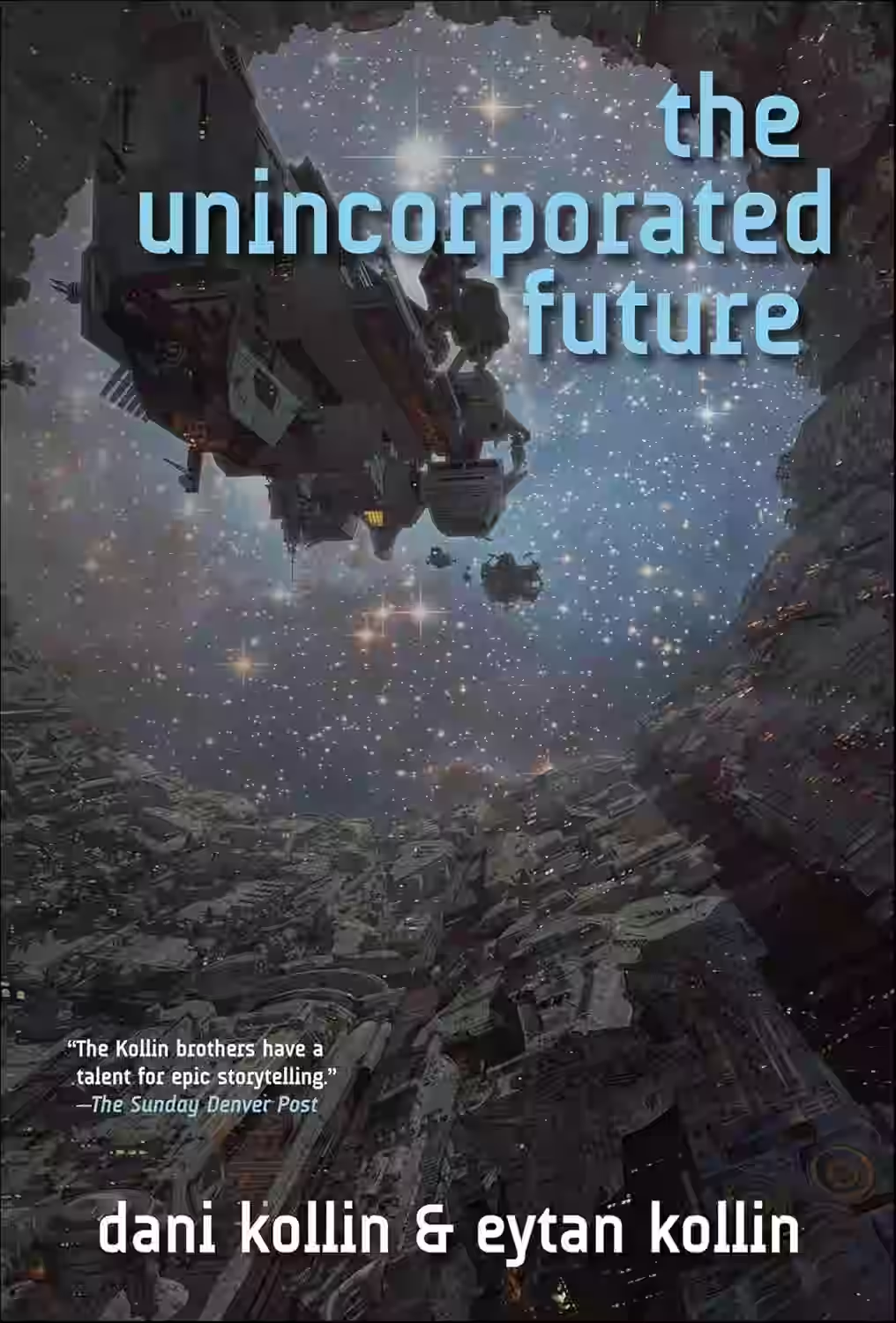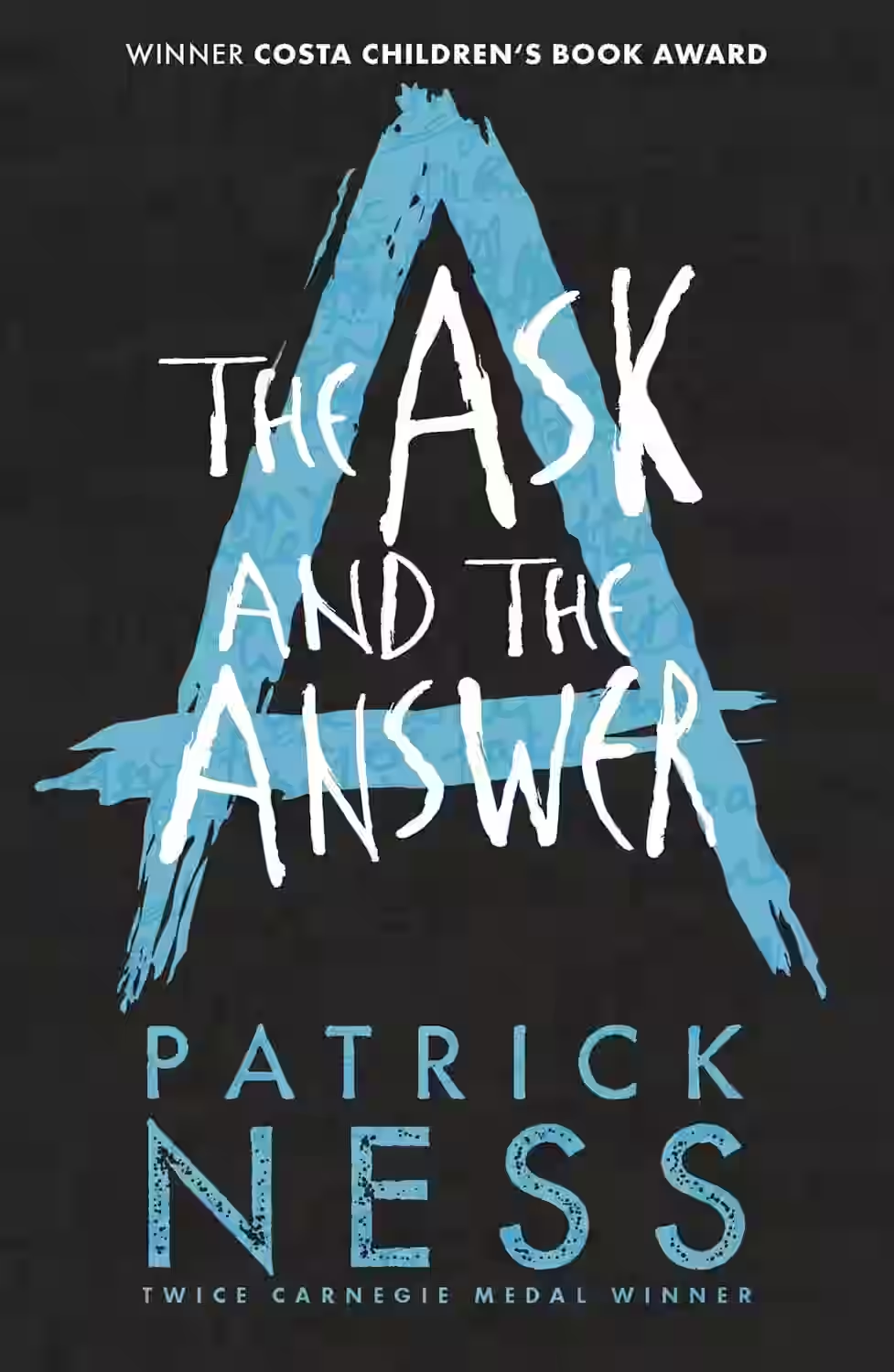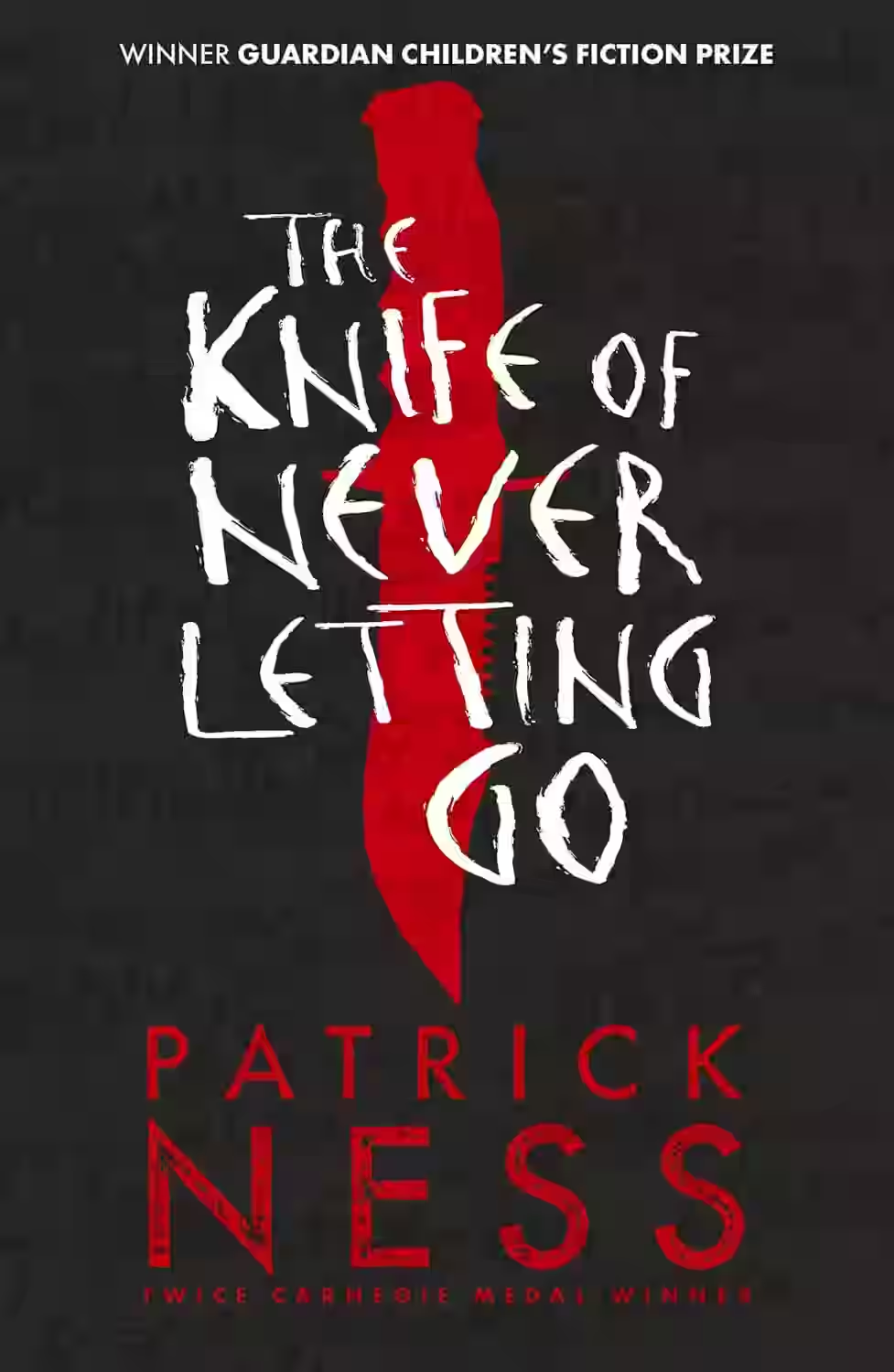
Joe Haldeman's "The Forever War" is a seminal piece of science fiction that delves into the harrowing experiences of interstellar warfare, juxtaposed against the passage of time. The novel follows William Mandella, a soldier drafted to fight in an endless war against an alien species known as the Taurans. As Mandella battles across the universe, time dilation effects result in decades passing on Earth, leaving him disconnected from humanity and culture. The book explores themes of isolation, the futility of war, and the struggles of returning soldiers. Haldeman, drawing on his own experiences in the Vietnam War, crafts a powerful narrative that remains a poignant and thought-provoking commentary on conflict and human perseverance. Through its reflections on the relentless passage of time and changing societies, "The Forever War" challenges readers to consider the impact of war on the soldier's psyche and the societal changes they must face upon returning home.
About Joe Haldeman
Joe Haldeman, born on June 9, 1943, in Oklahoma City, Oklahoma, is a celebrated American science fiction author renowned for his profound contributions to the genre. A Vietnam War veteran, Haldeman's wartime experiences deeply influenced his writing, most notably in his acclaimed 1974 novel "The Forever War," which won the Hugo, Nebula, and Locus Awards. This seminal work explores the absurdity of war and the alienation experienced by soldiers returning home, cementing Haldeman's reputation as a master of speculative fiction. With a career spanning decades, he has authored numerous other novels and short stories, including "The Hemingway Hoax" and "Camouflage," illustrating his versatility and enduring impact on contemporary science fiction. Haldeman's unique blend of personal experience, scientific plausibility, and imaginative storytelling has left a lasting legacy in the literary world, influencing countless writers and expanding the boundaries of the genre.
Similar Books

The Human Division
by John Scalzi
Series: Old Man’s War (#5)
John Scalzi’s "The Human Division" is a riveting installment in the Old Man's War series, capturing an interstellar universe teeming with tension, diplomacy, and the intricacies of human identity. Comprised of interconnected episodic tales, the book explores the political and existential quandaries faced by humanity navigating a galaxy rife with alien alliances and treacheries. Central to the narrative is the underdog story of second-string diplomats and unsung heroes working in the shadow of larger-than-life events to maintain peace and relevance among the stars. Scalzi’s characteristic wit and attention to character development make for a thought-provoking and accessible read, providing commentary on earthly political dynamics through the lens of speculative fiction. The themes of survival, cooperation, and the persistent questioning of what it means to be human resonate deeply, making it both an entertaining and reflective experience for sci-fi enthusiasts.

The Unincorporated Future
Series: The Unincorporated Man (#4)
In 'The Unincorporated Future' by Dani Kollin, readers are plunged into a richly imagined universe where the struggle between corporate power and individual freedom reaches its zenith. This sci-fi novel, the concluding volume in the Unincorporated series, paints a tapestry of interstellar politics and revolution as Justin Cord, the spiritual leader of the human diaspora, battles against the Balkanization of space and the encroaching corporatocracy. The book weaves intricate political intrigue with personal drama, questioning the true price of freedom and the overarching influence of corporations on human autonomy. Kollin masterfully blends innovative world-building with a fast-paced narrative, leaving readers contemplating the societal dynamics of our own world. Its vivid characterization deepens the plot, ensuring this futuristic saga resonates with both fans of the series and newcomers to the genre.

The Ask and the Answer
by Patrick Ness
Series: Chaos Walking (#2)
In 'The Ask and the Answer,' Patrick Ness delivers a gripping sequel to 'The Knife of Never Letting Go,' continuing the saga of Todd Hewitt and Viola Eade as they navigate a world rife with conflict, betrayal, and moral ambiguity. The narrative unfolds in the tension-filled setting of New Prentisstown, where oppressive control and resistance clash, forcing our protagonists to make challenging choices. The book delves into dark themes of power, identity, and resistance, emphasizing the complexity of human nature and the cost of war. Ness's deft storytelling and emotional depth underscore the impact of loyalty and courage amidst chaos, offering readers a thought-provoking journey through a dystopian landscape. This thrilling installment expands the intricate universe Ness has crafted, leaving audiences eager for more exploration.

The Knife of Never Letting Go
by Patrick Ness
Series: Chaos Walking (#1)
Set in a dystopian world where every living creature can hear each other's thoughts in a constant, chaotic stream called Noise, 'The Knife of Never Letting Go' follows young Todd Hewitt as he discovers a chilling secret that sends him on the run from his seemingly utopian society. As Todd navigates this cluttered world with his loyal dog Manchee, he confronts themes of adolescence, identity, and the oppressive nature of secrets. Patrick Ness crafts a gripping narrative that explores masculinity, the perils of ignorance, and the complicated path to maturity in a novel packed with suspense and emotional depth.